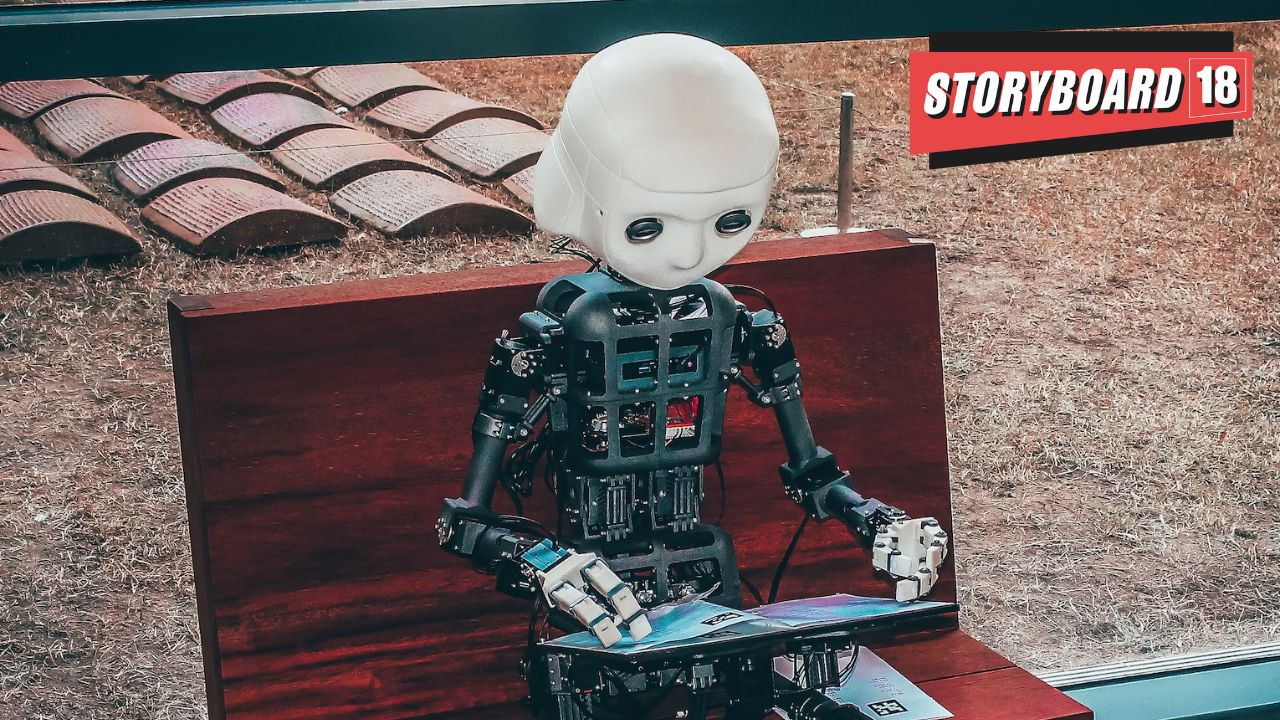Generative AI is having a profound impact on marketing today. Marketers around the globe have experimented with using ChatGPT over the last year, finding varied avenues for its adoption in their daily workflows. Some swear by its transformative impact, while others point out how hallucinations and inaccurate information make it unusable for business. While some of the criticism is valid, we need to look at the pace of advancements.
It was only a year ago that many were making fun of videos built by generative AI, and they are now in awe of videos made by Sora. The fact is that core foundation models of generative AI are advancing at an unprecedented pace, and as they mature, we will see a lot of challenges of using generative AI get resolved.
As we build our generative AI adoption strategies, we need to understand what can be made mainstream in the near future, and what experiments to run, while developing a long-term vision for business adoption of generative AI. Multiple real-world use cases are now mainstream, e.g., content writing, design, data analysis & conversational AI for customer service. With maybe an exception of customer service, where a high degree of automation & containment looks like a real possibility, we are increasingly seeing AI as an enabler for human ingenuity for content, design, and data analysis rather than a replacement for humans.
As generative AI further evolves over the next few years, we can expect a large degree of automation of customer interactions. Companies will increasingly rely on marketing to own and optimize most of the customer journey. Marketing needs to take the lead in experimenting with new tools and integrating them with the workflows constantly evaluating what parts of customer journeys we can automate with the help of advancements in AI. In December 2023, McKinsey forecasted that generative AI has the potential to contribute up to $4.4 trillion in value annually to global economic productivity.
Even though over 51 percent of marketers have started using Gen AI tools to some extent, the broader enterprise impact remains relatively limited outside of a few pockets. To unlock the full potential of generative AI, it is crucial for marketing teams to proactively drive adoption within their workflows.
One effective strategy is to allocate an experimentation budget, as many generative AI tools come are priced under $100 per user. This affordability allows marketing teams, even those with modest budgets, to explore new tools and experiment with their capabilities without a significant financial commitment.
Recognizing and rewarding early adopters of generative AI within the marketing team is equally important. Celebrating innovative use-cases not only boosts team morale but also fosters a culture of innovation that encourages others to explore and contribute to the adoption of generative AI.
Organizing generative AI hackathons can provide a platform for collaborative brainstorming within the marketing team. Such dedicated sessions facilitate the exploration of new use-cases and encourage cross-functional collaboration, fostering creativity and teamwork.
Knowledge sharing plays a pivotal role in amplifying the success of generative AI adoption. Ensuring effective communication between teams allows for the dissemination of insights and best practices. For instance, if the content team successfully implements a custom GPT for content creation, sharing it can enable other departments, such as the sales team, to leverage the same tool for generating outreach emails.
Emphasizing safety and security is paramount in the adoption of generative AI. Acknowledging that not everyone on the team may be an expert in safeguarding data interests, it becomes essential to partner with IT or designate a team member within the martech team to lead AI governance efforts. This individual can guide teams on best practices, ensuring compliance with privacy regulations, and obtaining necessary rights for tools like Midjourney for image generation.
In conclusion, you need to experiment with generative AI, drive adoption within your teams, and make it the cornerstone of the way you rethink customer journeys.
Arun Pattabhiraman is the chief marketing officer, Sprinklr
Read More: AI and Gen AI will play a pivotal role in making the news content reach diverse: Amitabh Kant
